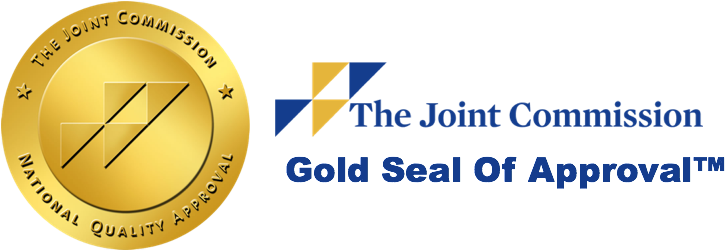7 Tips on How To Improve Mental Health
Mental health is more than just managing a mental illness. Mental health and wellness pertains to every part of our lives including how we think, feel, act, and relate to others. Maintaining mental balance is crucial to our happiness and quality of life. This article will discuss tips on how to improve mental health, and how to know when to get additional help.
7 Mental Health Tips
1. Get Regular Exercise
Regular exercise is just as beneficial for mental and emotional health as it is for physical health. A recent study found that running for just 15 minutes a day or walking for an hour a day can both significantly reduce your risk of developing depression and aid in coping with symptoms of depression. Likewise, exercise has been linked to helping lower symptoms of anxiety and reducing symptoms of ADHD.
When implementing exercise in your routine, remember exercise is meant to help cope with and reduce symptoms, not add to them. The amount of exercise or level of intensity doesn’t matter as much as simply moving your body during the day. It can be helpful to include regular fun and social types of exercise to help you focus on the mental and emotional benefits.
2. Make Sleep a Priority
Sleep is as important to your health as eating, drinking, and breathing. While sleeping, your immune system repairs itself and the body and mind has an opportunity to reset and recharge. Studies show that regular sleep deprivation can enhance symptoms of emotional and mental distress.
Further, a significant amount of people who suffer with a mental health disorder have troubles with insomnia or sleeping too much. See these tips on how to improve sleep habits to improve your sleep quality and maintain a healthy mental balance.
3. Improve Your Diet
A healthy diet does wonders to improve your mental health, and helps you think better and feel better at the same time. To improve your mental health, limit caffeine (especially with anxiety), sugar, alcohol, high processed foods, and fried foods to name a few. Instead, focus on leafy greens, fruits (especially blueberries and avocados), flaxseed, fatty fish, and nuts.
4. Take Time to Relax
Learning to relax can help improve mental health and aid in developing coping mechanisms. Find a relaxation or wellness program or app to help you get started. Most of these programs include activities to improve mental health such as how to stimulate muscle relaxation, breathing exercises, meditation, yoga, and many more activities to help you relax and take a break.
Remember that taking regular breaks to relax has been shown to increase productivity and aid in maintaining a positive mental aspect throughout your day. It’s definitely not something to feel guilty about. Make sure to regularly schedule time in your day to take a break and relax.
5. Focus on your stress levels
Stress can play a detrimental role in your mental health. Learning to manage stress, and maintain healthy boundaries for a healthy amount of stress is crucial in maintaining positive mental health.
Discover tips for improving your stress levels and choose one thing to focus on to improve your stress levels today. However, sometimes it can take a lot of time and work to eliminate unhealthy stress in our lives. Focusing on yoga, mindful meditation, journaling and prioritizing time with family and friends are all ways to help manage and reduce stress levels.
6. Connect With Others
Connection, whether face to face or connecting one-on-one virtually, is helpful to reduce feelings of isolation and help improve mental health. It is important to have people you can confide in, and to practice sharing your feelings and emotions with others. Be sure to reach out to family and friends who can offer both practical help and emotional support when dealing with mental health issues.
7. Set Goals and Priorities
Developing a sense of meaning in your life such as having a job you love, volunteering, learning new skills, or exploring your spirituality can help you find meaning and happiness in your life and help you practice self care. Additionally, learn to set goals and priorities in your life and to recognize your limits. Differentiating between what needs to be done now and what can wait will help reduce feelings of anxiety and focus on the task at hand.
It is also important to learn when to say no. Taking on too much can lead to feeling overwhelmed and burnt out. Additionally, at the end of the day take a positive mindset and strive to focus on what you have done well rather than what you have not been able to do. Having a positive outlook on your tasks can help to increase overall mental health and positivity.
If you feel that you are struggling to maintain your mental health on your own, then consider reaching out and talking to a therapist. If you have symptoms of a mental illness that has lasted for two weeks or longer, then it is recommended that you talk with your health care provider about receiving additional help to improve your mental health.
Additionally, look to resources like the National Institute of Mental Health (NIMH) for tips on talking with your healthcare provider about mental health, and help for mental illness. Resources such as The Phoenix Recovery Center can help individuals get the help needed. Our inpatient treatment center has an on-site psychiatrist to help our patients jump start the professional help needed to get back on their feet. Contact us today to get started.







